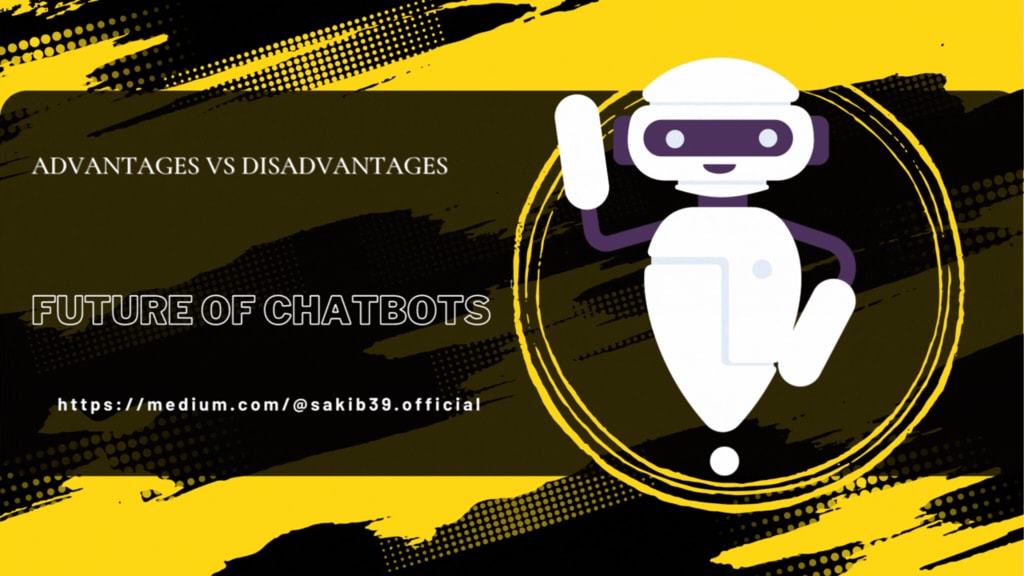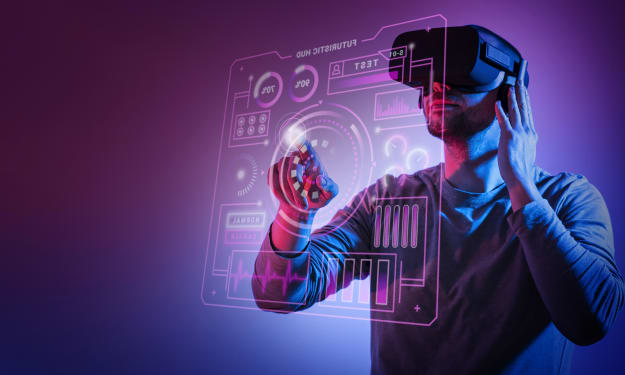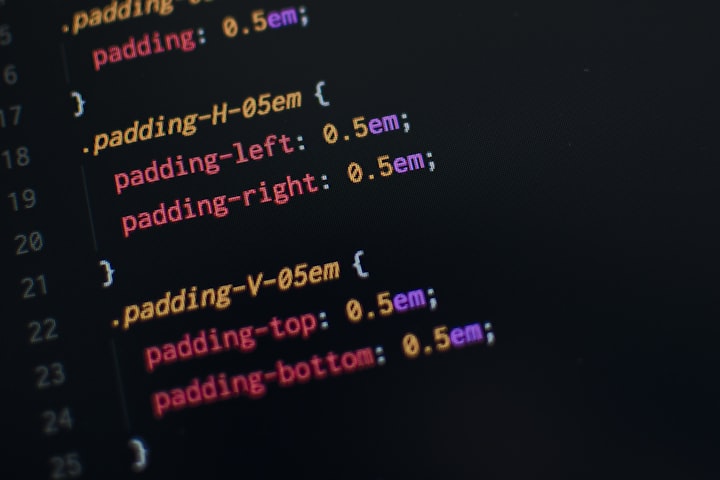ChatGPT and the Future of AI Chatbots Potential Use Cases and Impact
ChatGPT and Other Chatbots on revolution our human civilization

Intro
Greetings, and welcome to our newest blog post, where we will be discussing the exciting world of AI chatbots and their potential influence on our daily lives. As the world becomes increasingly digital, chatbots are growing in importance and their possible applications are virtually boundless. In this article, we will be examining ChatGPT, a leading language model, and its function in the development of AI chatbots. We will also be investigating some potential applications for these smart chatbots, which could span across industries such as customer service, healthcare, and more! We invite you to join us as we explore the future of AI chatbots and their potential impact on our way of living and working.
The possible impact of Chatbots on the future of AI
The potential impact of Chatbots on the future of AI is huge. Chatbots have the potential to revolutionize the way we interact with computers and artificial intelligence. Here are some potential use cases for Chatbots:
1. Customer service: Customer service chatbots could be used to provide customer service for businesses. They could answer customer questions, help them troubleshoot problems, and provide information about products and services.
2. Sales: Chatbots could be used to help businesses increase sales. They could provide information about products and services, answer customer questions, and help close sales more efficiently and faster than before!
3. Marketing: Chatbots could be used to help businesses with their marketing efforts. They could provide information about products and services,
answer customer questions, and provide insights into customer behaviour. Expert Marketer is afraid that Advance AIs could replace current marketers and possibly unlocks new windows to a new industry.
4. Education: Educational chatbots could be used to provide educational content. They could help students learn new material, answer questions, and provide feedback. The future of education will rely more on modern technologies like AI, Virtual Reality, Augmented Reality, Mixed Reality, and similar technologies!
5. Healthcare: Chatbots could be used to help patients manage their health. They could provide information about treatments, answer questions, and help patients make appointments. People can now ask Healthcare chatbots like ChatGPT for cures for light diseases like fever, cold, etc.
The potential applications for Chatbots are endless. The impact that they could have on the future of AI is significant.
The potential use cases for Chatbots
1. Personal assistant: A ChatGPT chatbot could be used as a personal assistant to help with tasks like scheduling, providing weather updates, and sending reminders.
2. Customer service: A ChatGPT chatbot could be used to provide customer service for a company. The chatbot could answer questions, provide support, and resolve issues.
3. Sales: A Sales chatbots could be used to sell products and services. The chatbot could provide information about products, take orders, and process payments.
4. Marketing: A ChatGPT chatbot could be used for marketing purposes. The chatbot could distribute coupons, send promotional messages, and track customer engagement.
5. Education: A ChatGPT chatbot could be used to provide educational content. The chatbot could share articles, answer questions, and give feedback.
6. Healthcare: A ChatGPT chatbot could be used to provide healthcare information. The chatbot could share articles, answer questions, and give medical advice.
7. Entertainment: A ChatGPT chatbot could be used for entertainment purposes. The chatbot could recommend movies, music, and games.
8. Social media: A ChatGPT chatbot could be used to interact with people on social media. The chatbot could like and comment on posts, start conversations, and join groups.
9. Travel: A ChatGPT chatbot could be used to help with travel plans. The chatbot could book flights, hotels, and rental cars.
10. Chatbot as a virtual pet: A ChatGPT chatbot could be used as a virtual pet. The chatbot could provide companionship, play games, and give advice.
The advantages of Chatbots
Chatbots, also known as virtual assistants, have been gaining popularity in recent years due to their numerous advantages. Firstly, chatbots are available 24/7, making them an ideal customer service tool for businesses. They can handle a large number of customer inquiries simultaneously, reducing the need for human support and thereby, cutting down on operational costs. Secondly, chatbots can respond to customer queries instantly, thereby reducing the response time, improving customer satisfaction, and increasing customer retention. They can also handle routine tasks such as answering frequently asked questions, providing product information, and processing simple transactions, thereby freeing up human resources to focus on more complex tasks. Thirdly, chatbots are highly customizable and can be trained to understand customer preferences and personalize responses, improving the overall customer experience. Advantages of chatbots is huge!
The advantages of Chatbots
Finally, chatbots can gather valuable data on customer interactions, providing businesses with insights to improve their products and services, thereby enhancing customer loyalty and driving business growth. Overall, chatbots offer several advantages, making them indispensable tools for businesses seeking to improve their customer service, reduce operational costs, and enhance the overall customer experience.
The disadvantages of Chatbots
The disadvantages of Chatbots can be summarised as follows:
1) Chatbots have the potential to be used for malicious purposes, such as spreading fake news or engaging in online harassment.
2) Chatbots may also be used to unfairly manipulate people, for example by convincing them to vote for a certain candidate or buy a particular product.
3) Chatbots may also pose a threat to people’s privacy, as they can collect and store personal data.
4) Chatbots may also have a negative impact on people’s social interactions, as they could replace real-life human interactions.
The future of Chatbot
Chatbots are artificial intelligence programs designed to mimic human conversation and perform automated tasks. With advancements in machine learning and natural language processing, chatbots have become increasingly sophisticated and can handle complex interactions with users. The future of chatbots looks promising, with many potential use cases and impacts across various industries.
One potential use case is in customer service. Chatbots can handle simple customer queries and provide immediate assistance, reducing the need for human customer service representatives. This can lead to improved efficiency and cost savings for businesses. Additionally, chatbots can be available 24/7, providing round-the-clock support to customers.
Another potential impact of chatbots is in healthcare. Chatbots can assist patients with routine tasks such as scheduling appointments and medication reminders. They can also provide basic medical advice and triage patients based on symptoms. This can help reduce the workload on healthcare professionals and improve patient outcomes.
Chatbots can also be used in education, where they can provide personalized learning experiences and assist with student queries. They can also be used for language learning and tutoring.
As chatbots become more advanced, they can potentially be used in more complex tasks such as financial planning and legal advice. Chatbots can also be integrated with other technologies such as virtual and augmented reality to provide more immersive and interactive experiences.
Overall, the future of chatbots looks promising, with many potential use cases and impacts across various industries. As chatbots continue to evolve and become more sophisticated, they will play an increasingly important role in how we interact with technology and each other.
Conclusion
In summary, the possible uses for AI chatbots are vast and ChatGPT is a powerful tool in their development. From customer service to healthcare, chatbots have the ability to make our lives easier and more efficient. As we continue to look forward, we can anticipate more innovative applications for AI chatbots to emerge. It is an exciting time for the world of AI and we eagerly anticipate what the future holds. AI is our future; we have to work on our creativity and innovative skill which AIs can’t perform better with humans.
About the Creator
Sadman Sakib
Sadman Sakib is a marketing manager who is well-versed in Big Data, Digital Marketing, and Social Media. He is skilled in creating and implementing Digital Marketing Strategies that focus on audience engagement and acquisition/growth.






Comments
There are no comments for this story
Be the first to respond and start the conversation.